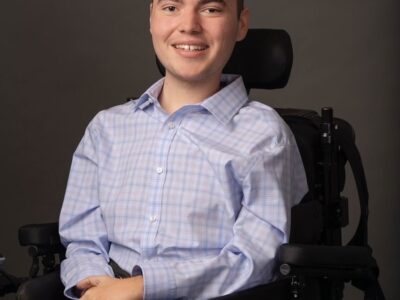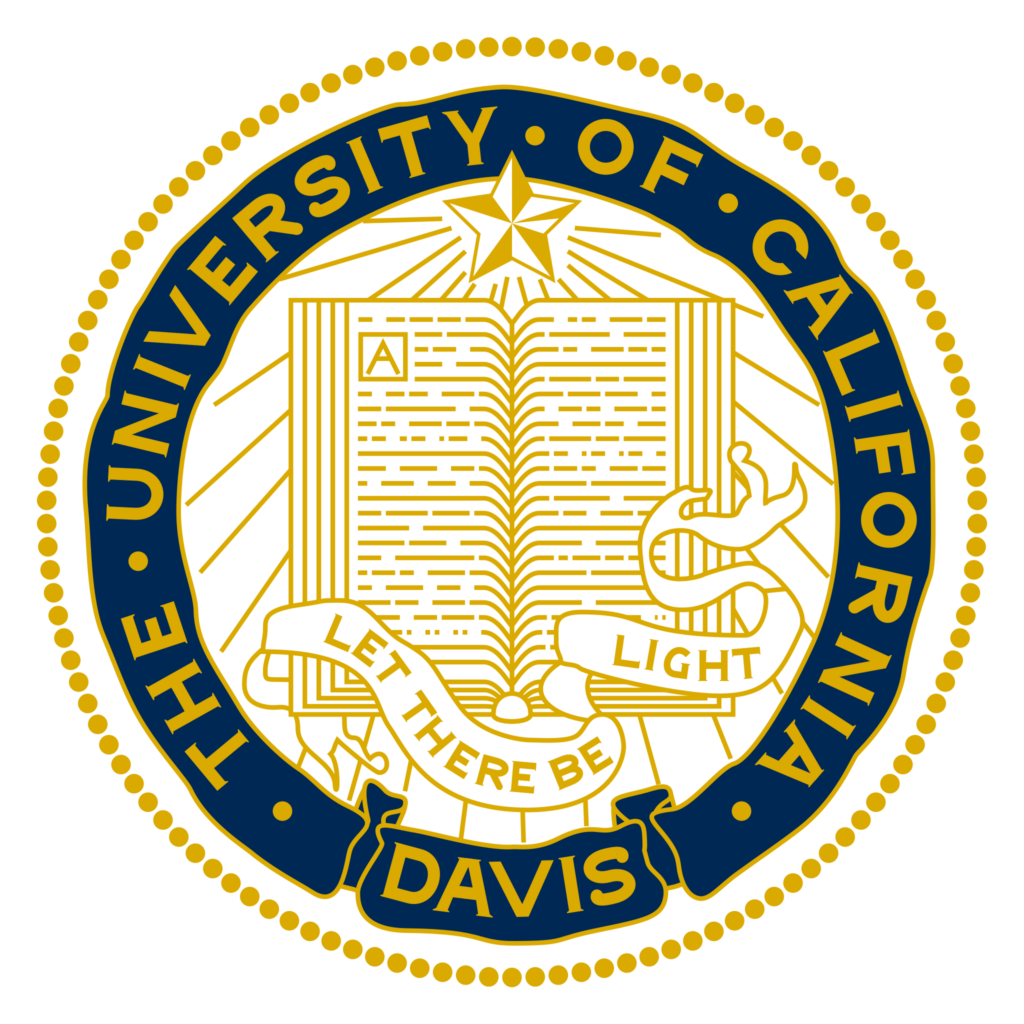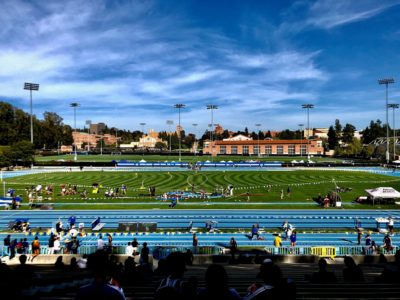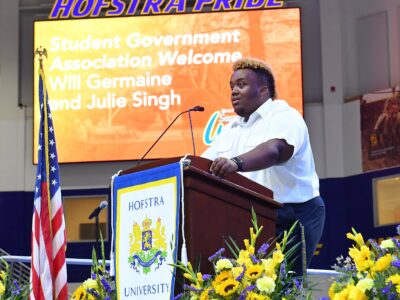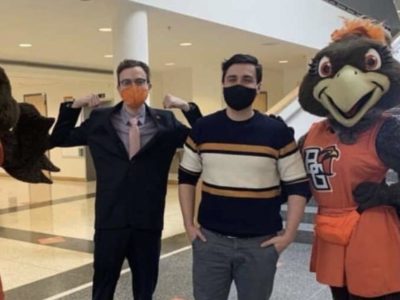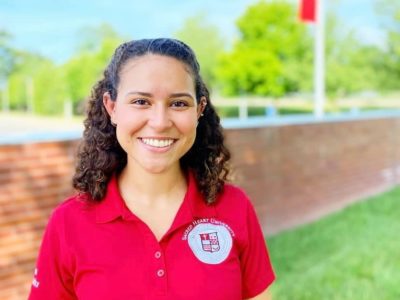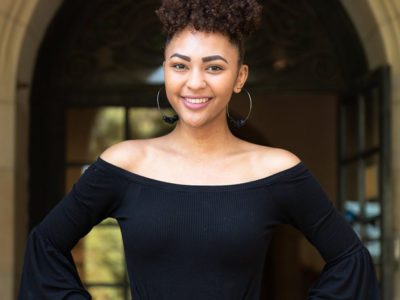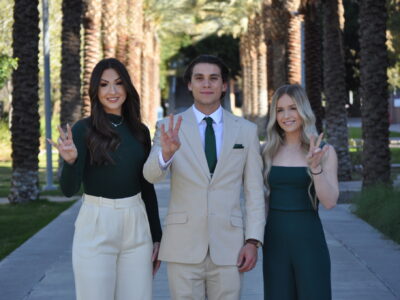Student government is not for the faint of heart. With long hours and the pressure of representing their peers, a student body president has their work cut out for them. But for those fascinated by the inner workings of administration and with an aspiration to serve their community, student government provides an opportunity to get involved, meet new people and learn lifelong skills. Enter: Ryan Manriquez, president of 2021-2022 Associated Students, University of California, Davis (ASUCD). Working on continued campus responses to Covid-19 amongst numerous other projects, Ryan learned to navigate collaboration with peers and administrators while building relationships and developing crucial work skills.
Check out this Q&A with Ryan to learn more about student governance and the opportunity it offers to serve your community:
Q: Were you part of ASUCD before entering the position of president?
RM: I transferred to UC Davis from a junior college in California [and]…decided to run for senate in Fall of 2020, so my first quarter here. I had no previous student government experience before that, I was just really looking to be a part of something, finding a community. My major’s political science and communication, and I was really just looking forward to being of service somehow to students and the community here.
And I honestly had no idea or intention of running for president.… The president before me came to me with… our political party manager, and said ‘listen, we think you would be a great candidate for president.’ …I was a little stunned because… I thought that there were many other people within my same circles that could do that job much better than I thought I could have.
Q: What was the turning point then, that inspired and convinced you to run for the office of president?
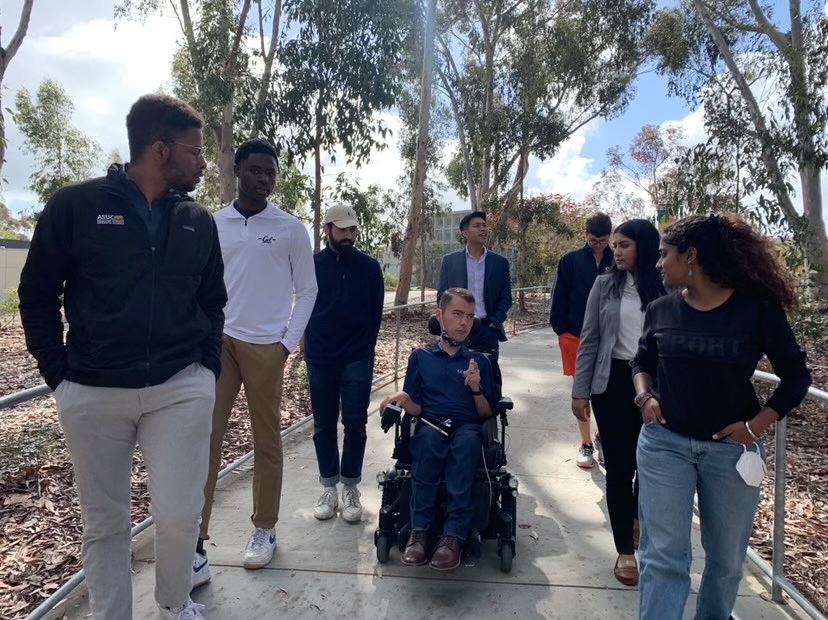
RM: The opportunity for representation. We made this video… by our Disability Committee. I was in the video and I basically said, “in a hundred years of our association, I don’t know if we ever had a president with a physical disability, and I don’t know if we’ll ever have one again afterwards.” So it was really that opportunity to bring someone with a disability into a position of leadership… bringing my perspective as an immuno-compromised student, a student with a disability… so that in the event someone is going one way on an issue, right, I can speak up for the voices that are traditionally unheard. That was kind of my turning point.
Q: What did you enjoy most about serving on ASUCD?
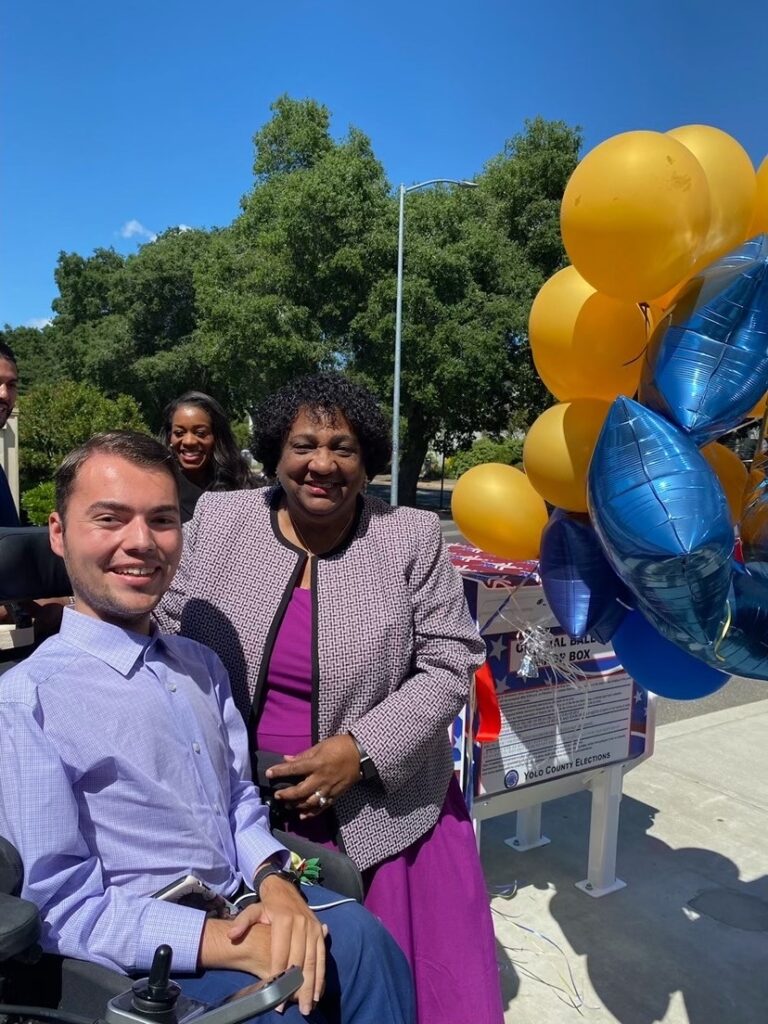
RM: That is a tough one. There are so many cool things at our Association from really working out the tough issues, crafting the budget which I’m sure no one else gets to do on our scale, meeting with administrators. But my favorite thing as president really just has to be the relationships that I’ve made along the way with everyone— students, staff and faculty. With an undergraduate population of 31,000 I would never expect to walk on campus and see at least one person I know every time I’m on campus…. [And] day-to-day I’m the type of person who loves being busy. Even though it would be 35 to 40-hour work weeks on top of school, meetings at 8:00 a.m. and my last one would be at 7:00 p.m. I really enjoyed the ride.
Q: What is the most challenging part about holding an executive position in ASUCD?
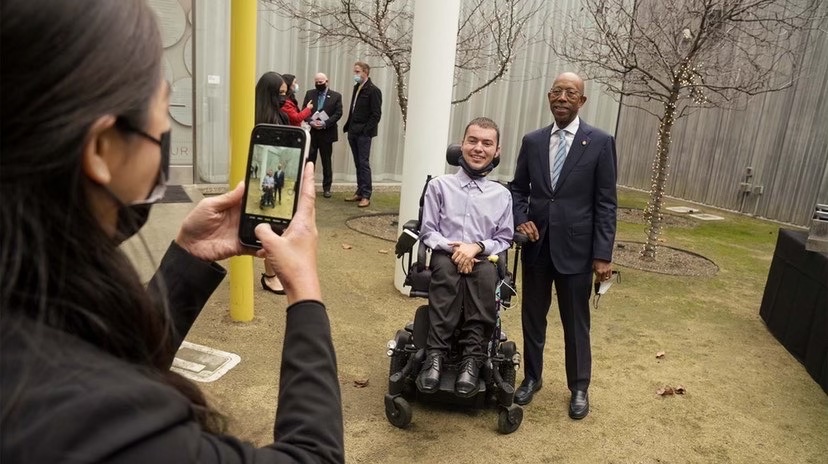
RM: Part of your job, like it or not student activists will say this, is being friends with administrators. You learn a lot more from being nice than you always do from taking an adversarial approach…. It was challenging for me to say, ‘hey listen, I’m trying to see what it looks like in their shoes’… just as equally as I would say ‘how would this impact students.’ I noticed a lot of student government people really only focus on the student needs and other things like that without really perceiving the entire pie. So that was challenging to do while also trying to keep everyone happy… navigating what the students want through our current system.
Q: Do you find that national political topics and current events ever impact student government at UCD?
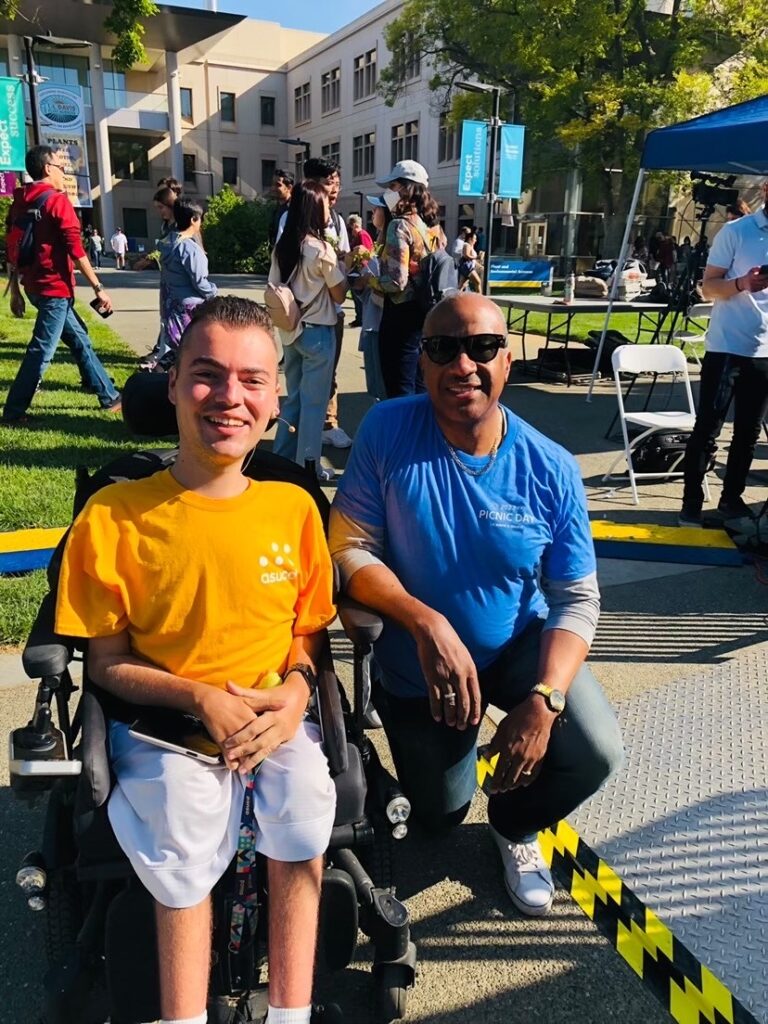
RM: I became president in the summer of Delta. We were planning for in-person instruction for the first time in two years that fall quarter. So I was a part of our Fall Planning Task Force. A lot of what we discussed positively impacted the lives of our students and really everyone here. We also partnered with the City of Davis. We had a partnership called Healthy Davis Together… [and] that partnership saved like 70-plus lives and 200 hospitalizations. So the impact that we made, it really extended beyond just students— it was staff, faculty, it was Davis community. We really just extended our Covid response to everyone in the community. It was a stressful time, a trying time, but I’d say Davis handled it pretty well compared to other campuses.
Q: Were there other projects you worked on that had that same sort of impact, or is the connection between campus and the wider Davis community unique to the Covid situation?
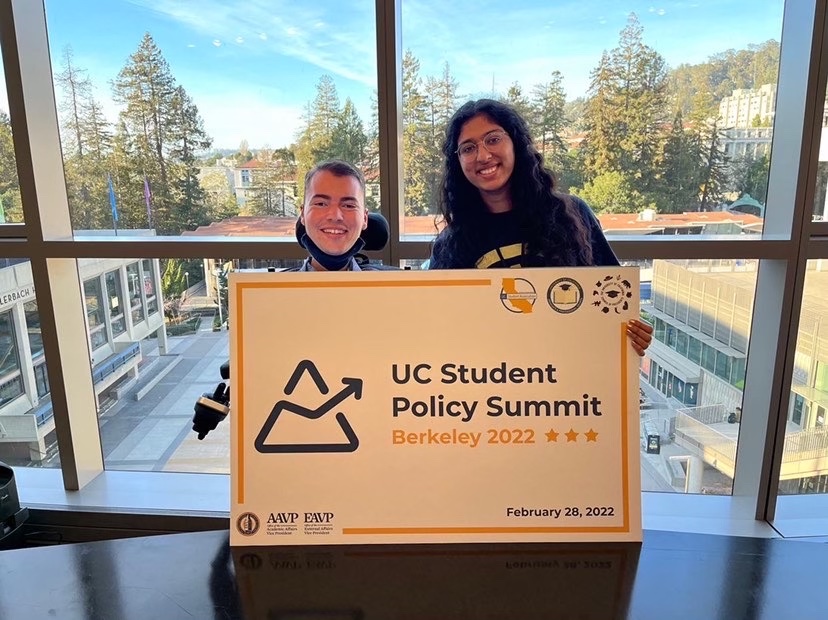
RM: I know we try to get involved more with city politics, whether that be putting students on different city commissions and things like that. We actually opened up— it was the first ballot drop box on a college campus in Northern California (I know, it’s a mouthful). That was really big. We partnered with the Yolo County Elections Office… and it was really just a great event for increased voter access on campus. It was really a high number, like 2 years ago. I think it was like 80% of our campus voted in the election. It was really amazing how many students showed up to the ballot box…so that was another impact that stretched kind of beyond our campus.
Q: If you could be remembered for one accomplishment during your time as President at UC Davis, what would that be?
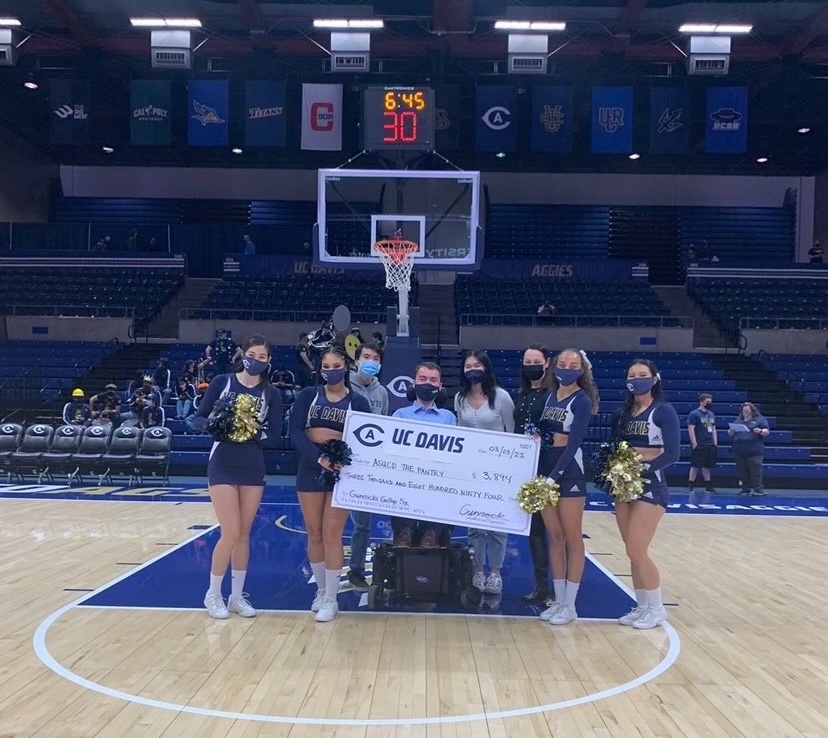
RM: I’d say the pass/no pass extension to the last day of instruction was one that I’m really, really proud of. That was a collaborative effort between then-senator Radhika Gawde who is now our president, and then our Academic Affairs Commission, who handles a lot of the undergraduate education…There were a lot of people who were pushing for the pass/no pass deadline, including myself, that were really like putting out surveys, doing the real groundwork. We were able to succeed in that, and we actually got it extended to the last day of instruction for both winter and spring quarters, so it was more than we expected. That was a big accomplishment.
Q: What skills did you develop through your position as president?
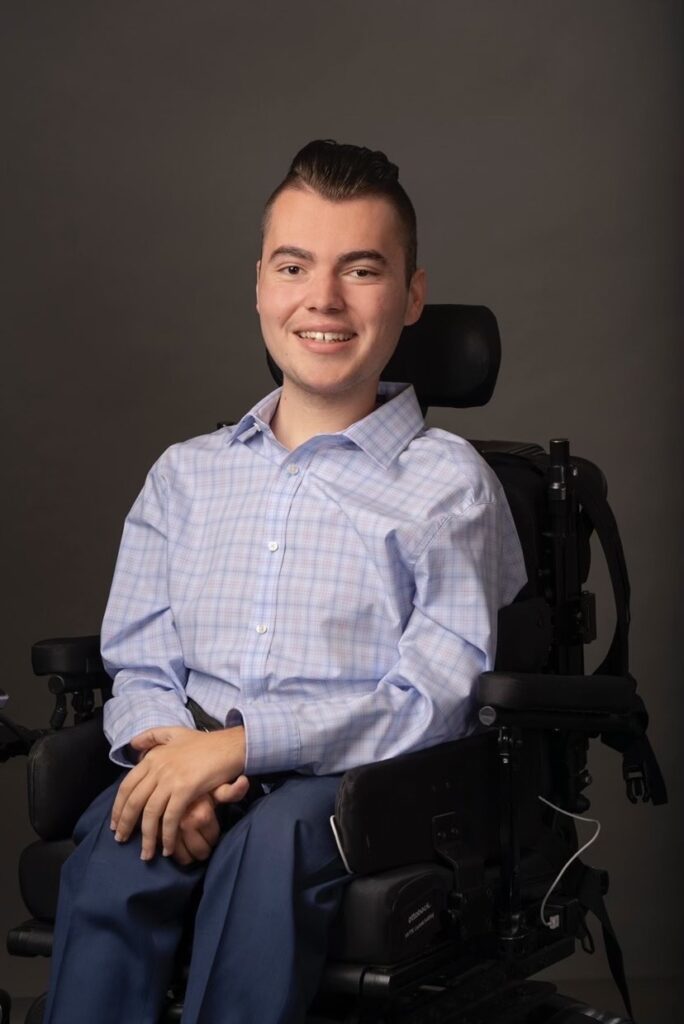
RM: A lot, a lot. Budget and finance is one. If you were to tell me when I first got here, ‘Ryan, you’re going to co-create a 17 million dollar budget,’ I would’ve left because I would be too scared. Also hiring. That was a really unique thing about my position. I got to be the chair of all the hiring committees for all of our student unit directors. I also was responsible for hiring our interim senators. I got a lot of experience with fair hiring practices, how to read resumes, how to read personal statements, things like that. It also helped me on the other side of it, you know, I saw how this person’s interview was, I really liked what they did here but I didn’t really like what they did here, and then take that with me into my interviews. Using that knowledge to go into my future of interviews and job applications really is useful.
Q: Do you have aspirations to run for any political positions after graduation?
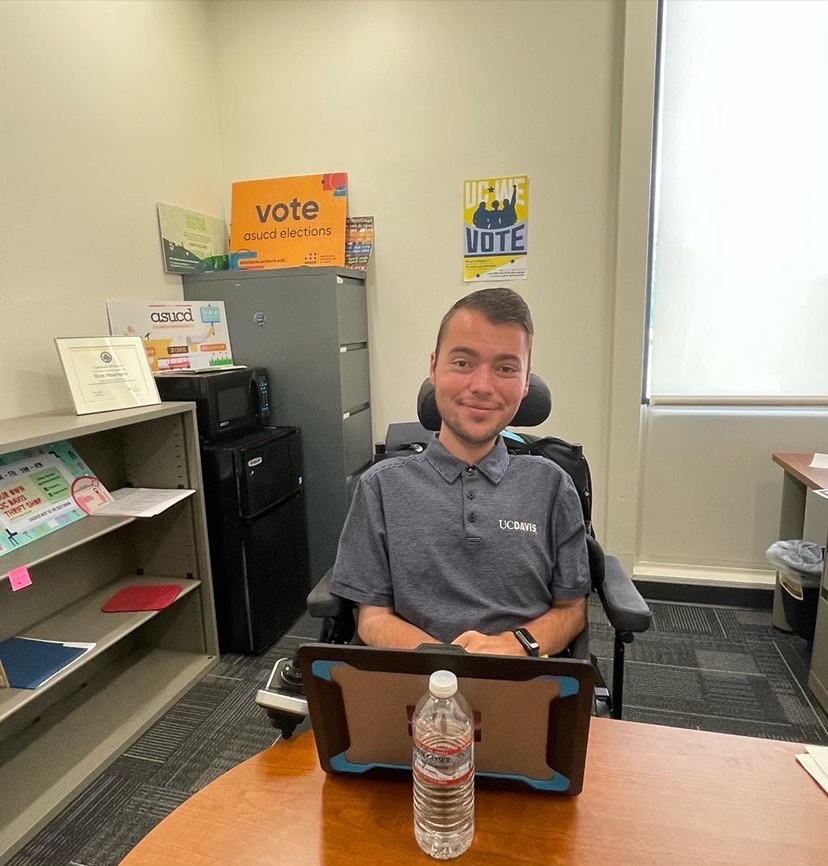
RM: I’m actually applying for a masters in a public policy program this fall, so yeah, I’m looking to go in that area. I’m really passionate about higher ed. This whole year has made me see the administrative side of higher ed, even though a lot of people dislike it and think everyone’s super mean, I find it really fascinating, like how the red tape gets drawn and all these things…I want to dive in and learn more in-depth on the policy side.
I want to give myself 20 years to do the groundwork before I make any decisions like ‘I’m going to run for Congress.’ I’ve always kept it in the back of my mind, I really love being of service to the students and I would love being of service to more people as well within my community.
Q: Are you still in student government this coming year?
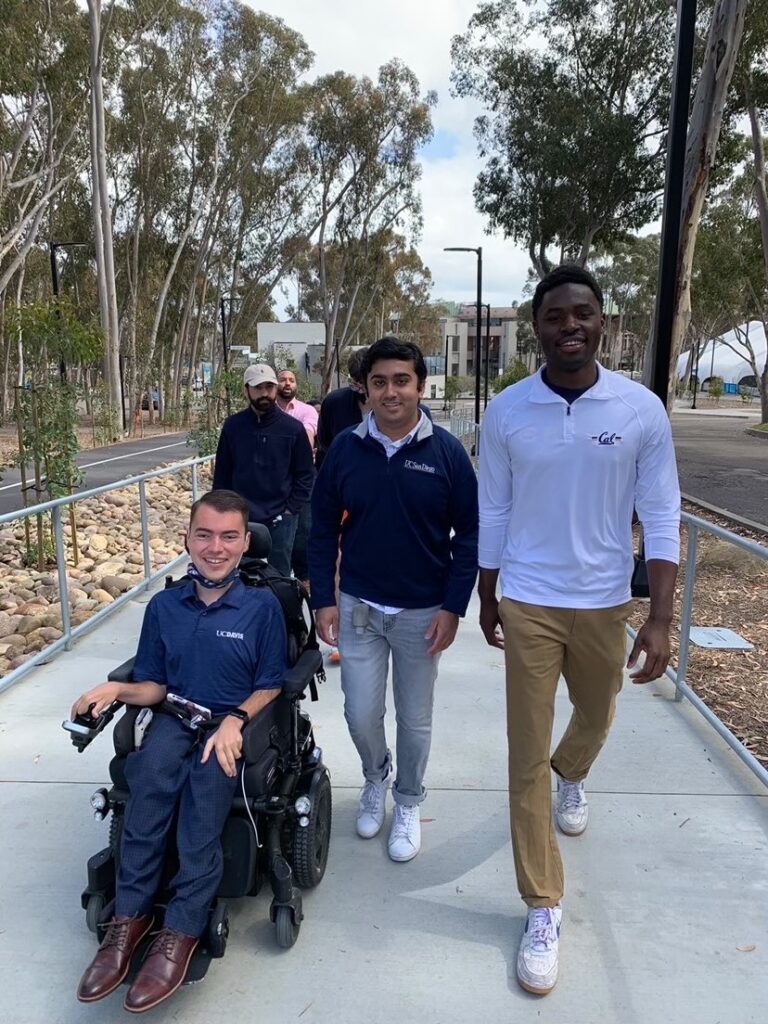
RM: I’m a fifth-year right now and I just got hired as our new Disability Committee Chair. So kind of full-circle—it didn’t have any members and I ushered it along to getting a new chairperson and things like that and it went really beautifully. They did a great job, had so many events this year. And now they have the largest committee budget out of any committee on our student government. A lot of that is going to be supporting other units. For bringing concerts to campus… let’s get an ASL interpreter, let’s get ADA seating, earphones for people who have sensory issues, and other things like that. Making all events accessible and then also bring[ing] speakers to campus too. We’re excited.
Interested in serving on student government at the undergrad level? Take a look at these tips from Ryan about how to feel prepared to run for office and shifting from a senator to a president.
Tip 1: Being in charge means being able to take the heat. If you make a mistake while a senator, your mistakes have lesser magnitude. But as president, you’re the one in the spotlight. That’s a stressful position to put yourself in, but if you can handle it, you’ll learn a lot from the experience.
Tip 2: The people you represent hold the opinions that matter most. When serving, you’ll receive critical feedback not just from outside, but from the inside— aka your fellow student politicians. At the end of the day, the needs and opinions of the students you represent are the ones to pay attention to.
How to Connect with Ryan
Instagram: @ryanmanriquezz
Linkedin: https://www.linkedin.com/in/ryan-manriquez-aa8513167/

